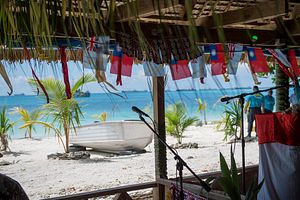Xi Jinping was unusually hawkish toward Taiwan in January 2019 when delivering a speech commemorating the 40th anniversary of lifting the freeze on Beijing-Taipei relations. He pointedly kept open the prospect of the “use of force” against Taiwanese “separatists” and broke with consensus language about “peaceful reunification” that had become the norm across decades.
In response, Taiwanese President Tsai Ing-wen has been cautious, merely emphasizing the difference in regimes between Taiwan and the People’s Republic of China (PRC). In her statement the day before Xi’s speech, she claimed to be “on an equal footing” with Beijing. In 70 years of existence, the Taiwanese state has gained de facto independence and so far, the PRC has accommodated it without ceasing to consider the island as one of its provinces to be returned eventually to the mainland. Beijing’s “red line” remains a unilateral declaration of independence, and since her election in 2016, Tsai has been careful not to cross it.
Beijing is, however, on the alert: 2016 was marked by not only by Tsai’s election but also that of Donald Trump, who is seen as a transactional president, ready to put everything, including the Taiwan relationship, on the bargaining table with China. In response, China has tried to isolate the island diplomatically by removing one by one its rare diplomatic allies in return for partnership agreements and massive investments. In December 2016, 22 states recognized Taiwan as the Republic of China; in 2019, only 17 still do.
The Pacific region remains key to Taiwan’s diplomatic strategy. One-third of its remaining allies are in the Pacific, and no Pacific state has swapped its diplomatic alliances since Nauru in 2005. Hence the region has renewed importance in the eyes of Taipei, but also Beijing, which sees an opportunity to continue to diplomatically isolate the island.
The Pacific is thus becoming an ideological battlefield, one in which the island countries themselves are the main participants. Each state tries to take advantage of the situation by putting on the scale potential gains (mostly assimilated as money) against possible losses (of sovereignty), all against the backdrop of heightened geostrategic anxiety in the region.
To understand the consequences of this ideological fistfight on the Pacific, it is important to discern the causes and highlight the risks of engaging with these two parties.

































